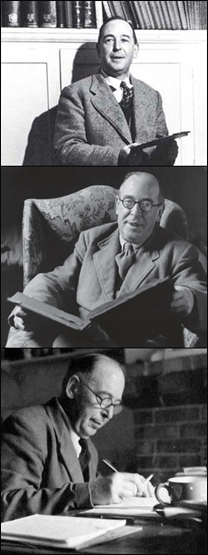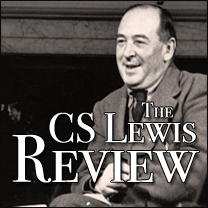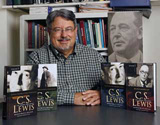
Belief & Unbelief: A Reappraisal
July 3rd, 2008 | Skip to comments
Ten Maxims for Reflection and Debate
Dr. Bruce L. Edwards
-
SKEPTICISM is always easier than belief, for skepticism commits one to nothing in particular, and removes accountability. The believer by contrast must live up to her principles and face the possibility of being wrong or hypocritical. And doleful public scrutiny. All the skeptic has to do is be skeptical.
-
RELATIVISM is less defensible than a belief in absolutes because one must become an absolutist to denounce absolutism; relativism is thus self-refuting, or, if it is not, it is merely self-defeating. It surfacely appears to be more tolerant, but it in fact tends toward the dogmatic, suppressing the pursuit of truth in the name of letting us all believe what we accidently arrived at by Tuesday afternoon.
-
WORSHIP of logic and reason in and of themselves as the final arbiters of reality is no more noble or courageous than the worship of any handmade idol. It simply appears more respectable because the object of veneration—one’s own psyche—is temporarily hidden from view.
-
CONTEMPLATION of humankind’s apparent insignificance in the face of the immensity and complexity of the universe at first appears to sanction humility at its utmost; but upon further review, it can be seen as a form of acute arrogance. It assumes that all there is to being human and all there is to understand about oneself and the universe is what one can learn by assembling data from the five senses as aided by instruments of our own making.
-
ATHEISM tries to have it both ways. When it finds order in the universe, it chalks this up to the likelihood that the cosmos needed no help to come into being; when disorder or evil uncovered, an absent God is conveniently blamed for its damage. One needs God even to disbelieve in Him.
-
OBJECTIVITY is not the ultimate perspective, and best serves the perpetually undecided. It’s to be reserved for him for whom nothing is too important. For once one is convinced of something, he is a fool to pretend to be objective, as it is the purpose of an open mind, as Chesterton said, to shut it on something solid and not to keep it empty of substance. The opposite of objectivity is not subjectivity but conviction.
-
DOUBTING that anything can be certain is itself a form of certainty; the person who says the supernatural is wishful thinking professes to know more about the world than she could possibly know. It is implicitly a claim to omniscience. While most doubters think of themselves as heroic individualists going against the tide, in fact, the true noncomformists, the real avant garde, are the believers.
-
FAITHFULNESS to one’s ideals and dreams, and indeed to one’s friends, family, mate, this is much more adventurous and exotic than callous cynicism and fleshly indulgence could ever be. Anyone can live a life consumed by whim and ruled by bodily appetite, but only persons fully in control of themselves can remain loyal and dedicated to a cause, a mission, another person.
-
GUILT is a universal fact; everyone eventually commits a deed that hurts someone or shames them—if only themselves are the victim. But sin is ultimately a more liberating concept than guilt, because sins can be repented of, and forgiven. Guilt lingers as a lament for being caught, shamed, or exiled, and drives one deeper into despair, blame-shifting—and more guilt.
-
OFTEN things that are true turn out to be “illogical”; Love, mercy, kindness, are more often than not unmerited and sometimes completely gratuitous and unexpected in receipt. But they are clues to the mystery of the universe and its meaning. There is a Someone Who is Love, Mercy, Hope, Peace, and Joy. In making and remaking His universe, He is not bound by its limitations, its artificial boundaries, or our own flawed and faulty sense of logic. God can rewrite History at a moment’s notice. And has.
The goal of any truth seeker is not to be inoffensive, for the truth will always offend someone; rather, it is to be faithful to the truth without being judgmental, and thus to be clear while compassionate about one’s belief in the presence of those who may misunderstand or feel threatened.
At the end of the 20th Century, the West was obsessed with “choice,” unable to see that it is not the multiplicity but the quality of choices that determines one’s destiny. If I must choose between the tender mercy of a Father, and the cool, inexorable, impersonal march of the inevitable within an empty universe, I choose to believe in Mercy, and I choose Him.




God can rewrite History at a moment’s notice. And has.
Could you please elaborate?
Comment by Steve — 11 September 2008 @ 9:53 AM